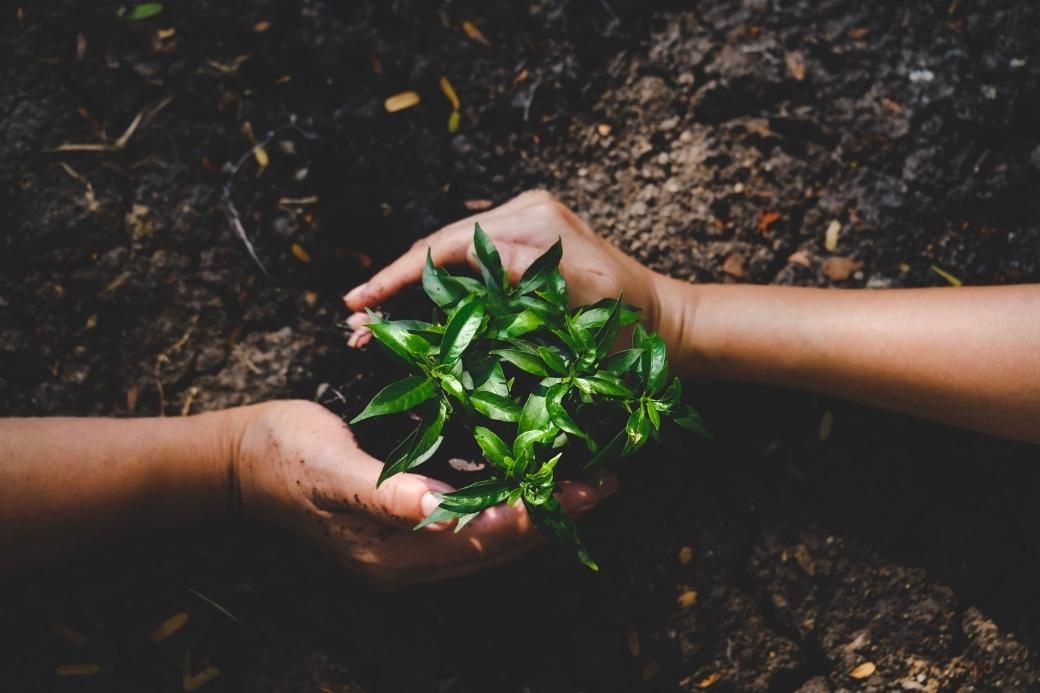Since the outbreak of war in Ukraine, it has become clearer and clearer how the world is intertwined and how political instability in a region can have transversal consequences for people living thousands of kilometres away.
Overall, Ukrainian and Russian agri-food exports account together for 12% of all calories traded around the globe. Many countries – especially in the Middle East and in Sub-Saharan Africa – are therefore extremely dependent on their exports to feed their populations. All of this in a situation where in most of the African continent, for instance, food insecurity is already close to a 20% rate and the escalation of the price of wheat and corn could have dramatic consequences – and in some regions, as the Horn of Africa, we are already on the verge of a humanitarian catastrophe, with the risk of famine becoming more and more a reality with the passing of each day.
According to FAO, today around 795 million people worldwide suffer from undernutrition and global food demand is expected to increase by 35% by 2030. In the upcoming years, agriculture will therefore be called upon to produce sufficient, safe and high-quality food to feed the growing world population and help fight the imbalances and inequalities that drive global hunger.
We at CESVI have been working for decades in the field of rural development to promote a more productive and sustainable agriculture in our countries of intervention. We believe that fostering rural development should be based on fair and sustainable agriculture to help ensure food security worldwide.
This is why we are partnering up with the University of Milan for their Master Course in Cooperation for Sustainable Agri-food Development, launching in October 2022. The Master Course is aimed at building technical expertise to help design, implement and evaluate rural, agricultural and agri-food development interventions in countries with limited economic resources. While providing at the same time the tools to understand the social and economic context and guide development pathways, projects and interventions, towards sustainability. The courses provided by the Master tackle the problem from different disciplinary areas including agricultural and veterinary sciences, biological sciences, chemical sciences, civil engineering and architectural engineering, historical sciences, philosophic sciences, pedagogical, psychological, economic and statistical sciences, and political and social sciences.
The Master is taught in English and remotely, with face-to-face lessons, practical exercises and in-depth workshops held in partnership with NGOs, teachers from the Civil Society and private companies.
You can visit the course website to learn more about the Master Course in Cooperation for Sustainable Agri-food Development.
